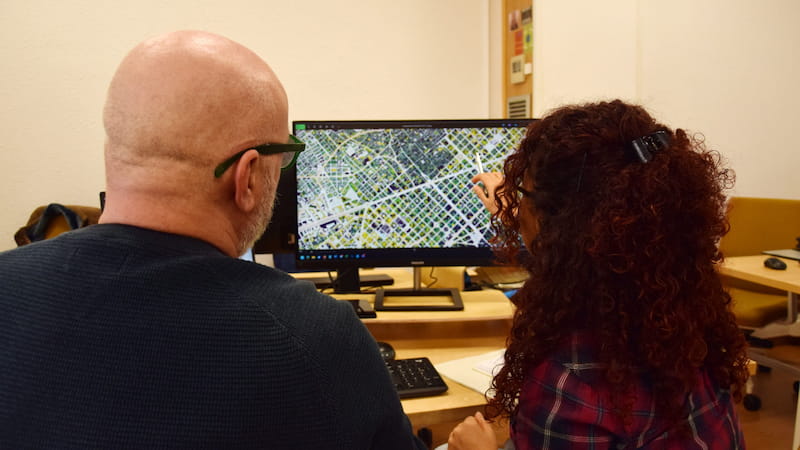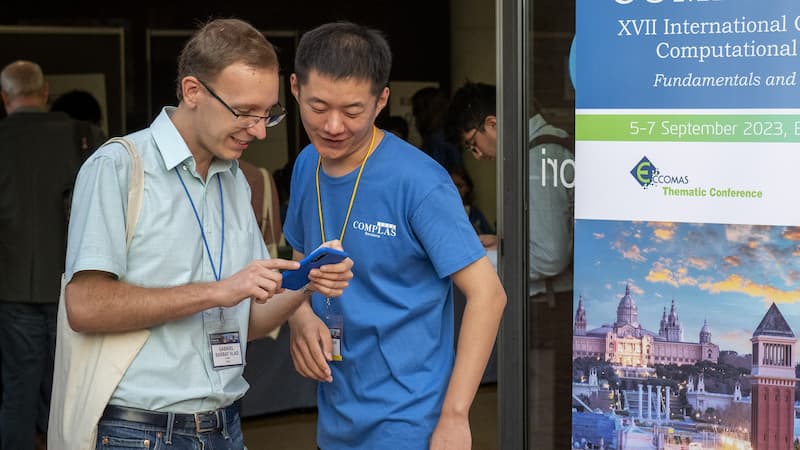ABSTRACT
The fast and accurate simulation of laminar and turbulent incompressible flows is crucial in science and engineering. Low-order numerical strategies, particularly finite-volume (FV) methods based on cell-centred and vertex-centred approaches, remain essential in CFD, especially in industrial settings, due to their favourable trade-off between computational cost and accuracy. However, these methods face challenges such as stabilising convective-dominated flows, handling velocity-pressure coupling, and managing numerical flux reconstruction on distorted and stretched grids. The face-centred finite volume (FCFV) method emerges as an alternative to standard FV methods. Derived from a mixed formulation of the discontinuous Galerkin method, FCFV avoids flux reconstruction at cell faces, making its accuracy and convergence nearly insensitive to grid quality. It also satisfies the Ladyzhenskaya-Babuška-Brezzi (LBB) condition without special treatment for velocity-pressure coupling. This work showcases the FCFV method for simulating laminar and turbulent incompressible flows for the first time. The formulation is based on the Reynolds-averaged Navier-Stokes (RANS) equations coupled with the negative Spalart-Allmaras (SA) model. Three new convective stabilisations inspired by Riemann solvers are proposed, along with monolithic and staggered solution strategies for the RANS-SA system and two relaxation strategies for pseudo-time marching. A new hybrid pressure FCFV formulation is also introduced to improve the FCFV accuracy in laminar flow simulations by enriching the pressure space through relaxed compressibility conditions. Both FCFV and hybrid pressure FCFV achieve first-order convergence of velocity, velocity gradient tensor, and pressure, accurately predicting engineering quantities such as drag and lift on structured and unstructured meshes. By avoiding gradient reconstruction, these methods are less sensitive to mesh quality, even on highly distorted grids. Numerical benchmarks for laminar and turbulent, steady and transient cases assess the performance, accuracy, and robustness of the proposed methodologies. Implemented in Fortran 90, these methods lay the foundation for the integration of FCFV techniques within the CFD community. The work concludes with a detailed discussion of the Fortran 90 FCFV code implementation.
Committee
- President: Dr. Xesús Antón Nogueira
- Secretary: Dr. Jose Sarrate
- Member: Dr. Philip Cardiff
- PhD advisors: Dr. Antonio Huerta, Matteo Giacomini, Rubén Sevilla
PHD CANDIDATE
 Mr. Luan Malikoski Vieira is a research engineer working in advanced discretization techniques for fluid flow problems as part of CIMNE's Credible High Fidelity and Data-Driven Models research cluster.
Mr. Luan Malikoski Vieira is a research engineer working in advanced discretization techniques for fluid flow problems as part of CIMNE's Credible High Fidelity and Data-Driven Models research cluster.







